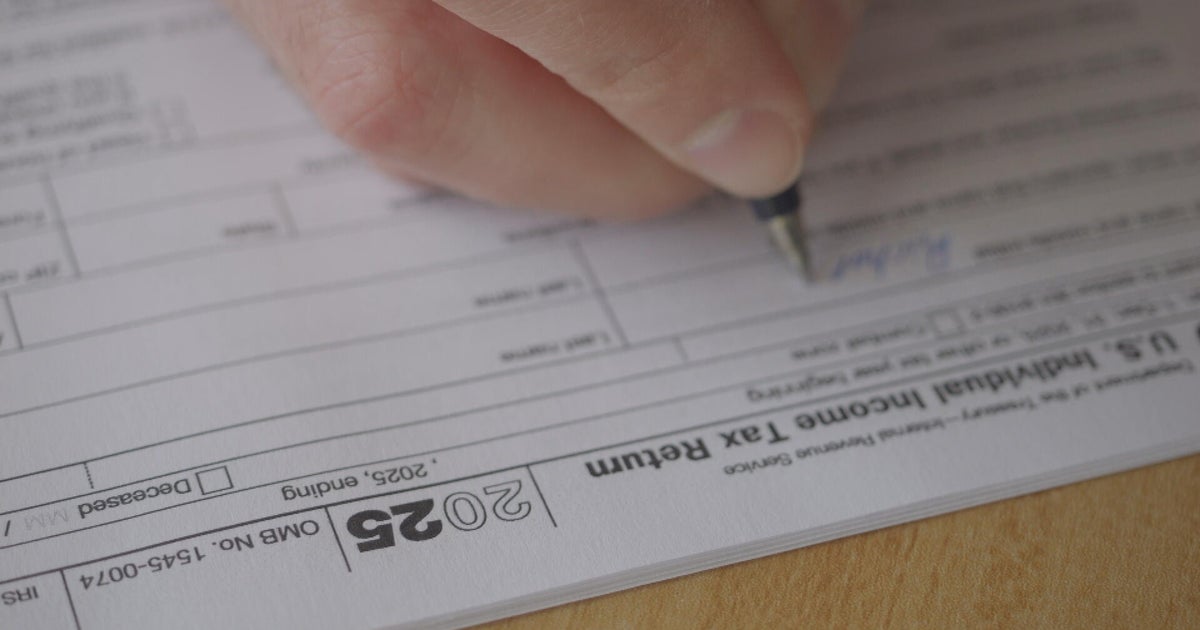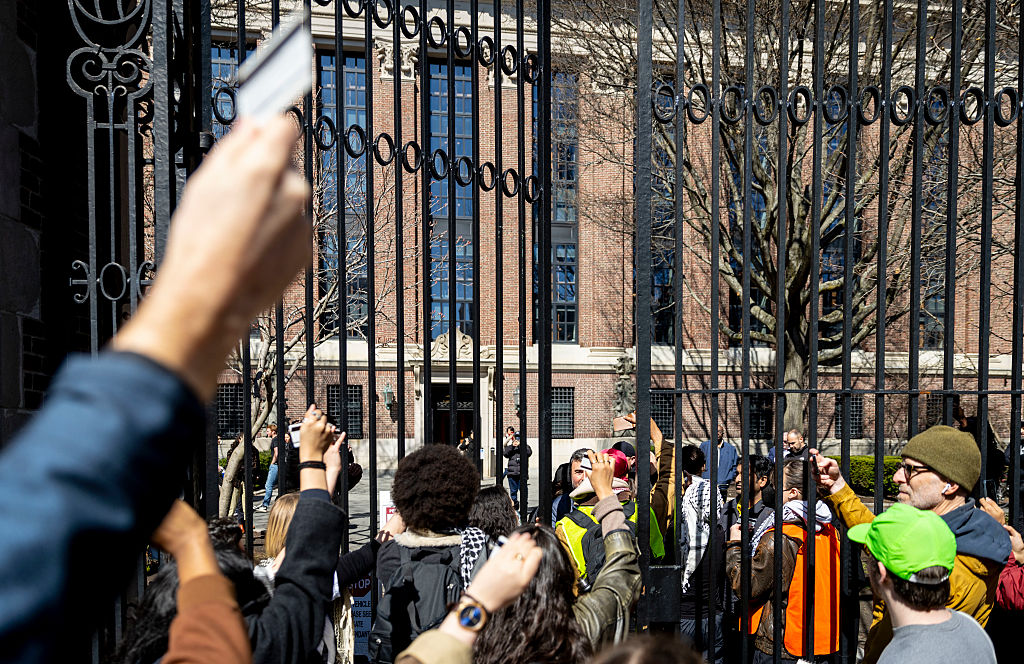Tax reform is squeezing charitable giving
With its annual fall fundraising campaign just months away, United Way Worldwide is concerned that it may have a tough time attracting donors because of the sweeping tax code changes Congress passed last year.
The tax reform law that President Donald Trump championed doubled the standard deduction that taxpayers could take on their taxes, raising it to $12,000 for individuals, $18,000 for heads of household and $24,000 for married couples filing jointly and surviving spouses. According to the Tax Policy Center, the law will slash the number of people who itemize their charitable contributions by more than half to 16 million, the vast majority of whom are high earners.
"We know that the main reason why people give to charity is not the tax incentive," said Steve Taylor, United Way Worldwide senior vice president and counsel for public policy. "We also know that the tax incentive allows people to give a little bit more than they would have otherwise. What you have is tens of millions of people who will give a little bit less, and that adds up to tens of billions of fewer dollars given to charity."
Taylor's concerns were highlighted in a recent report released by the Fundraising Effectiveness Project (FEP), which showed that total revenue to nonprofits during the first three months of the year fell 2.4 percent compared with 2017. The total number of donors plunged 6.3 percent on a year-over-year basis, while the donor retention rate, which measures the numbers of donors who contribute to the same organization from one year to the next, dropped 4.6 percent. And the numbers of new donors plummeted by 12 percent.
"The research we've seen from a couple of different sources shows giving dropping anywhere from $13 - $20 billion annually," wrote Michael Nilsen, the Association of Fundraising Professionals' vice president for communications and public policy, in an email. "That's a very significant impact, and a lot of charities are redoubling their efforts on ensuring that their current donors continue their traditional levels of giving, reaching out and keeping those relationships strong."
"Donor fatigue" may also be an issue. According to the FEP, donations of $1,000 or greater saw a 47 percent year-over-year increase in the fourth quarter of 2017 as taxpayers looked to make contributions before the new tax law took effect. As a result, many taxpayers may give less this year. Even worse, the charitable sector is becoming increasingly dependent on fewer but wealthier donors.
"This situation simply isn't financially sustainable for the 1.5 million organizations that make up the charitable sector," said Mike Geiger, CEO of the Association of Fundraising Professionals, in a press release. "Donors who give $50 - $250 annually are the mainstay of many charities that don't have major gift programs. The slow, long-term drop in the number of these donors is jeopardizing the work and impact of many charities."
Officials from the United Way, the country's largest privately funded charity, are ramping up their fundraising from businesses and wealthy individuals to offset what they expected to be a 5 percent drop in their fall fundraising plans. If all goes well, United Way expects its overall revenue to be flat to slightly up for the year, according to Taylor.
"United Way is engaged in some pretty aggressive fundraising," he said. "It's not going to be easy because there are some trends working against us such as the long, steady decrease in the number of middle-class individuals giving to charities."



